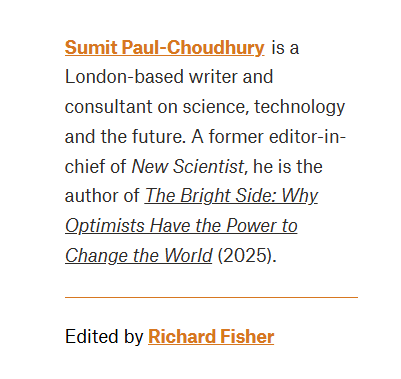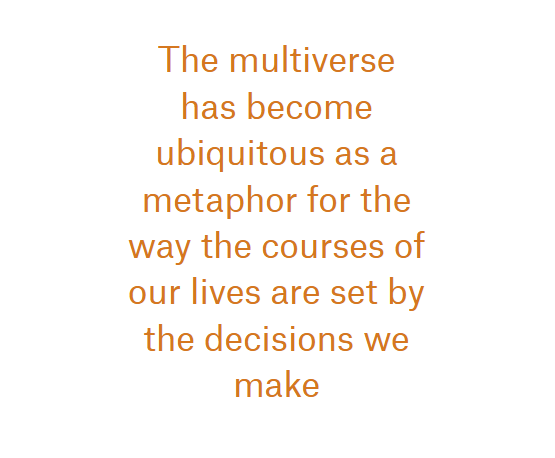Why it's possible to be optimistic in a world of bad news
 The original optimist, Leibniz, was mocked and misunderstood. Centuries later, his worldview can help us navigate modern life
https://psyche.co/ideas/why-its-possible-to-be-optimistic-in-a-world-of-bad-news
The original optimist, Leibniz, was mocked and misunderstood. Centuries later, his worldview can help us navigate modern life
https://psyche.co/ideas/why-its-possible-to-be-optimistic-in-a-world-of-bad-news


What does it mean to be optimistic? We usually think of optimism as an expectation that things will work out for the best. While we might accept that such expectations have motivational value – making it easier to deal with the ups and downs of everyday life, and the struggle and strife we see in the world – we might still feel dubious about it from an intellectual perspective. Optimism is, after all, by its nature delusional; ‘realism’ or outright pessimism might seem more justifiable given the troubles of the present and the uncertainties of the future.
Those of us familiar with Voltaire’s celebrated novel
Candide, or Optimism (1759) might be reminded of his character Dr Pangloss, and his refrain that all must be for the best ‘in this best of all possible worlds’. As Pangloss and his company are subjected to disaster, war, mutilation, cruelty and disease, his article of faith seems increasingly blind. Pangloss, a professor of ‘metaphysico-theologico-cosmolo-nigology’, is a vicious caricature of the great German polymath Gottfried Wilhelm Leibniz, and his catchphrase is Voltaire’s snappy formulation of the German’s attempt to provide a logical argument for optimism.
Or, really, a theological argument. Leibniz didn’t set out to explain why some people are perpetually cheerful about their prospects, but why an all-powerful, all-seeing and all-loving God allows evil to exist in the world. This ‘problem of evil’ has been debated for millennia, but it was Leibniz who first attempted to reason his way to an answer, rather than look to scripture for one. His inspiration came from his realisation, in the early 1680s, that the path taken by light through a system of prisms or mirrors always followed the ‘easiest’, or ‘optimal’, path from source to destination. As the contemporary philosopher Jeffrey McDonough
argued in
A Miracle Creed (2022), he soon realised that many other phenomena followed a similar ‘principle of optimality’ – including, perhaps, the entirety of God’s creation.

Up until that point, it had generally been assumed that the cosmos was precisely the way it had to be. Leibniz, on the other hand, argued that God could have chosen from many laws and ingredients when making the world, but some combinations would not be internally consistent. So God, in His wisdom, chose the particular combination that led to a world that was both ‘simplest in hypotheses and richest in phenomena’. That might not be a
perfect world, containing no suffering or evil, but it would be the best of all
possible worlds. While there might be many
possible ways to make a world, there’s only one
optimal way. And this view of the world came to be known as
optimism.
snip



